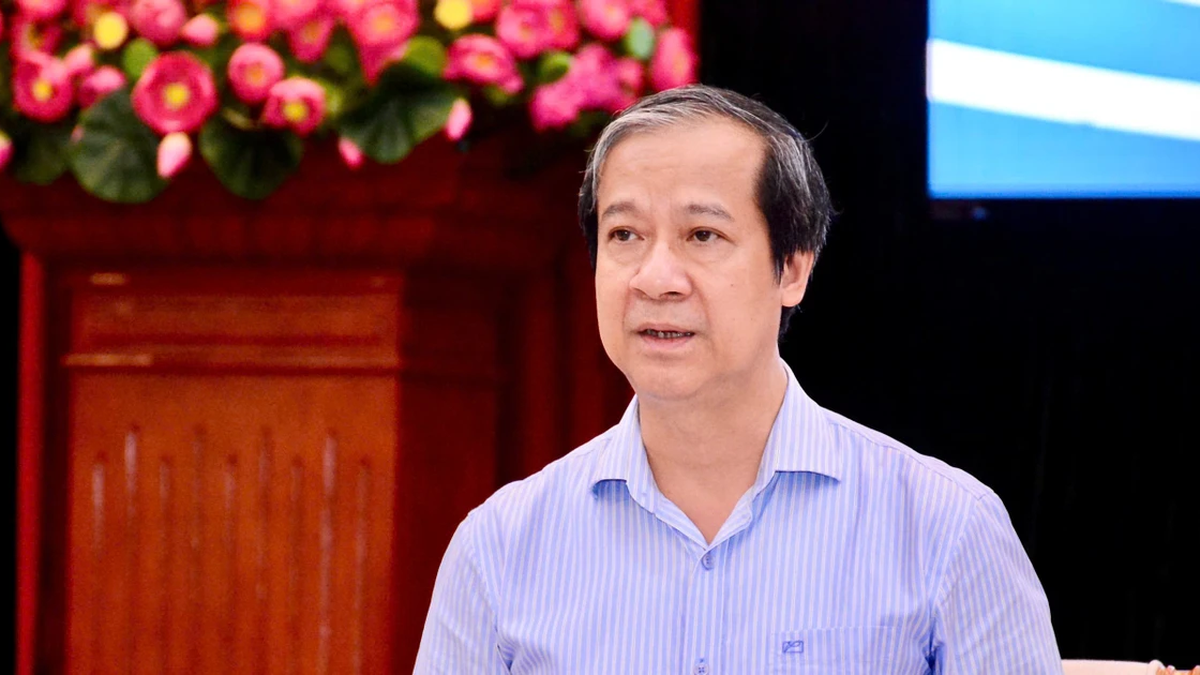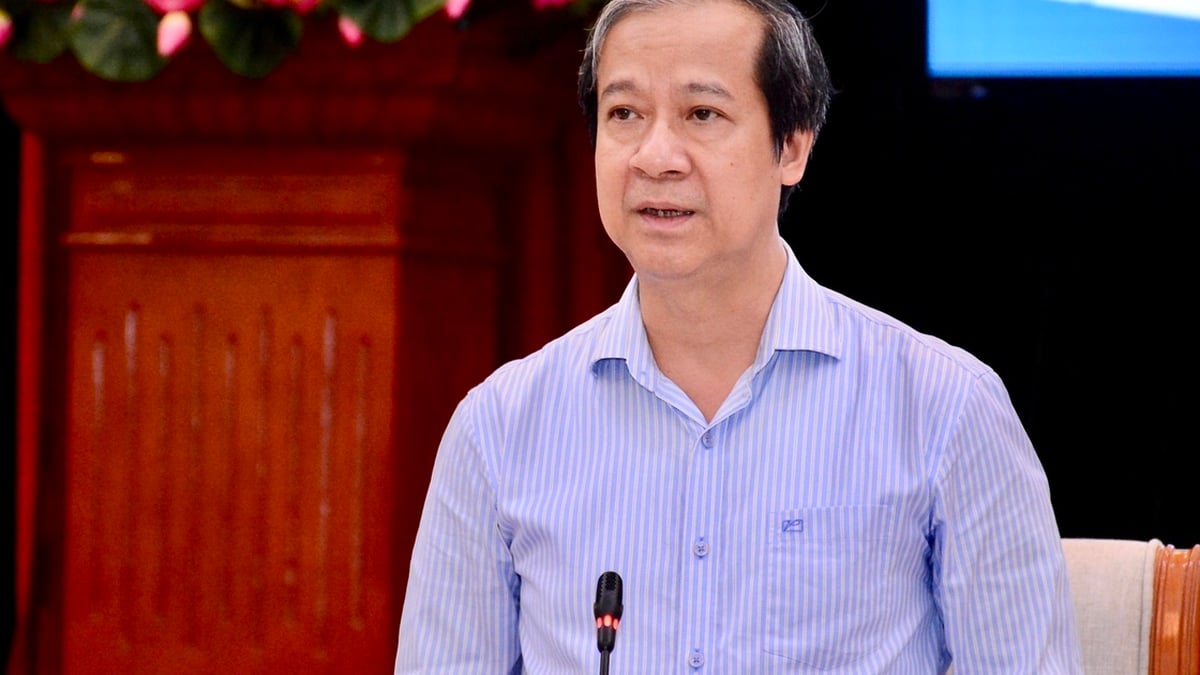On August 1, the Ministry of Industry and Trade announced that the White House had posted President Donald Trump's decree on adjusting the reciprocal tax rate, in which the tax rate on Vietnamese goods was reduced from 46% to 20%, effective from August 7. However, for goods that have been loaded on ships, are on the journey and cleared before 12:01 a.m. on October 5, 2025, the old tax rate of Decree 14257 will still be applied.
Mr. Tran Huu Hau - Deputy General Secretary of the Vietnam Cashew Association - commented that the 20% tax rate, although still high, is also a positive signal for Vietnam's exports, especially when this rate has been sharply reduced from the initial plan of 46%.
For the past 10 years, the US has always been the number 1 export market for Vietnamese cashew nuts, accounting for about 25-27% of total turnover. Previously, this item exported to the US was subject to a preferential tax rate of 0%.
Therefore, when higher tax rates are imposed, it will certainly increase the price of goods, making it difficult to compete when exporting to the US market. However, in response to this development, the Cashew Association has been coordinating with businesses to find ways to open new markets, targeting other potential markets to compensate for the decline in exports to the US.
" Cashew businesses will immediately adjust their export plans, paying more attention to the Middle East and Central Asia markets and will certainly be more aggressive in expanding and exploiting new markets ," said Mr. Hau.

The cashew industry plans to expand into new markets in the near future. (Photo: VnEconomy).
"The Middle East is a large market, although the cashew industry has exploited it but not much and not deeply. Now we will turn to this market to boost exports, to compensate for the cashew output exported to the US. Along with that, the cashew industry will continue to focus on deep processing to bring directly to the shelves of retailers. With these options, the Vietnamese cashew industry still has a chance to stabilize," Mr. Hau added.
Meanwhile, Mr. Ngo Sy Hoai, Vice President and General Secretary of the Vietnam Timber and Forest Products Association, expects the two sides to continue negotiating to further reduce tariffs. "Businesses certainly still expect that the US tariff policy with Vietnam will continue to be negotiated to further reduce tariffs in the coming time," Mr. Hoai said.
However, Mr. Hoai also informed: Starting from April 8, wood and wood products exported to the US will be subject to investigation under Section 232 of the US Trade Expansion Act of 1964, so we will have to wait for the results of this investigation and will not be subject to reciprocal tax.
Therefore, in case of an investigation conclusion, the wood industry faces two options: first, to impose taxes and second, to issue import quotas. This is a big difficulty for the wood industry because the US market currently accounts for over 50% of Vietnam's total wood export turnover.
“ When the tax rate is high, the demand for American shopping will decrease. Therefore, we hope that the US will have a flexible policy so that Vietnamese businesses can increase the import of round wood from the US as well as increase the export of wood and wood products to the US,” Mr. Hoai said.
Meanwhile, many experts also expressed confidence that the US and Vietnam will have more opportunities for specific negotiations for each industry. In addition, in the context of the US continuing to build and perfect sustainable supply chains, Vietnam is always a highly valued partner, because this is the market that gives them the most peace of mind and stability.
Dr. Nguyen Minh Phong, an economic expert, commented that the 20% reciprocal tax rate is the result achieved after Vietnam and the US held many reciprocal trade negotiations at both the technical and ministerial levels. This signal can make us breathe a sigh of relief so that we can come up with appropriate business strategies.
" Vietnamese businesses need to accept this tax rate as a specific context to propose flexible plans for upcoming import-export activities ," he said.
According to Mr. Phong, Vietnamese export enterprises need to monitor and have two actions to take. The first is to proactively negotiate and share tax rates with partners. The second is to adjust all costs to minimize them, thereby compensating for lost profits.
Sharing the same view, Dr. Le Dang Doanh, former Director of the Central Institute for Economic Management, also said that the tax rate reduction from 46% to 20% is positive. However, this rate is still very high compared to the previous tax rate and also higher than the tax rate that the US imposes on some countries in the region, causing many challenges for Vietnamese enterprises in exporting to the US market.
“To reduce difficulties, businesses need to cut costs, improve competitiveness, and continuously expand markets. Along with that, we must continue to negotiate to reduce tariffs, possibly for some key industries,” said Dr. Le Dang Doanh.
According to US Customs data, in 2024, two-way trade between Vietnam and the US will reach 149.7 billion USD, of which Vietnam will export 136.6 billion USD and import 13.1 billion USD. Vietnam's trade surplus with the US is 123.5 billion USD, ranking 3rd among countries with the largest trade surplus with the US (after China and Mexico).
In the first 5 months of 2025, two-way trade between Vietnam and the US reached 77.4 billion USD, an increase of 36.5% over the same period in 2024, of which Vietnam exported 71.7 billion USD (an increase of 37.3% over the same period in 2024) and imported 5.7 billion USD (an increase of 30.7% over the same period in 2024).
Vietnam's trade surplus with the US is 64.8 billion USD (up 29% over the same period in 2024), ranking 4th among countries with the largest trade surplus with the US (after China, Mexico and Iceland).

Expert: US significantly reduces reciprocal tax on Vietnamese goods, an optimistic signal 0

Positive tax information, how will the stock market perform in the future? 0

3 scenarios forecasting counterpart taxes that could impact growth 0

Ministry of Industry and Trade announced that the US will impose a 20% tax on Vietnamese goods. 0
Source: https://vtcnews.vn/my-ap-thue-20-voi-hang-viet-nam-doanh-nghiep-chuyen-gia-ky-vong-giam-them-ar957521.html



































































































Comment (0)